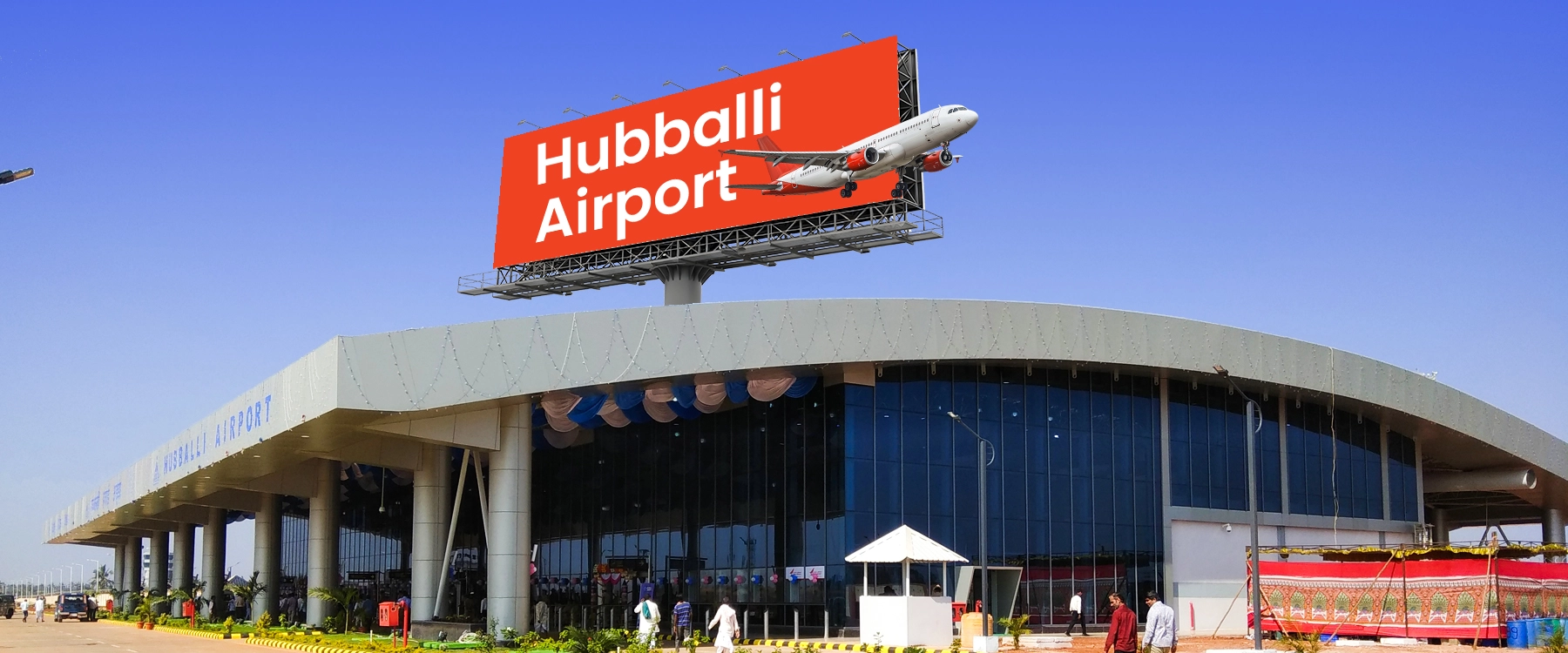Travel via flight for the senior citizens in need of special care, but with the right planning, the elderly can enjoy visiting new places or devoting time to family wherever they are living in the world. Following travelling tips will increase the chances of a delightful flight.
Elderly travel does not cause stress or fear of unexpected situations. With proper planning, both on the part of the passenger and the airline, senior passengers can enjoy a comfortable and safe journey. However, it is necessary to take care of any health issues and take advantage of the parks provided by airline employees.
Select a time when the airport is less crowded, allowing senior citizens to travel stress-free.
Also, choose nonstop flights, which make travelling hassle-free and more convenient for elderly passengers.
Avoid seasons, which may create health issues as seniors are sensitive and can’t bear climate changes.
Avoid travelling when local events host large festivals and events, which create overcrowding and generate chaos.
Travelling in public transportation is not that much comfortable for senior citizens, but with special assistance, it will help seniors to avoid problems during flight.
Inform the crew about your health issues so they can monitor your condition and avoid serving food items that contain allergens. We will also guide you through every step to make your trip enjoyable and stress-free.
From boarding to your final destination, assistance will help you in the check-in process and manage your luggage.
Health problems are common in senior citizens. To avoid health problems during flight. Prepare a list of all medicines, including regular medications, that are prescribed by doctors.
Don’t forget to take Non-Prescribed Medicine like painkillers, vitamins, antihistamines and any supplements consumed daily.
Mention all your allergic problems and any known allergies, including food allergies and drug allergies, so emergency staff can help you if needed.
It is always better to carry light luggage as it ensures comfort and a stress-free experience, mainly for the elderly. Overpacking can lead to strain and discomfort, as well as injury, particularly when lifting bags onto conveyor belts, into a car, or up stairs.
Heavy bags also make it more difficult to move around airports or train stations, and this can result in additional costs from the airlines.
By packing light and taking only the essentials, you make your trip more comfortable, effective, and less stressful. Opting for multi-functional clothing and planning your packaging in advance can aid in reducing what you have to carry while still having everything you need for your trip.
Looking over your diet is important for balancing good health while travelling. The food you consume is directly proportional to your energy levels, immunity, and lifelong health. While travelling, a balanced diet is a must, especially for senior citizens.
Consuming light food that includes lean proteins, whole grains and a variety of fruits and vegetables. Which provides the best nutrients for your body to function properly during flight.
Being conscious of your diet also stimulates good eating habits, helps with body health and supports mental health.
Travel insurance is important if planning any trip, whether you are travelling domestically or internationally. It gives important safety against unpredicted incidents such as medical issues, luggage loss, flight delays and trip cancellation.
Without travelling insurance, passengers may face some financial losses or difficulties obtaining healthcare in a foreign land. Travel insurance provides peace of mind; if something does not go properly, support and repayments are available.
It also guarantees that you can enjoy your journey rather than getting stressed about risks. Funds in travel insurance cost less but make a huge difference when planning a trip.
1. Is it safe for senior citizens to travel by Flight?
Yes, travel by flight is safe for senior citizens by following some tips.
2. Can I get special assistance at the airport?
Yes, airports provide special assistance to senior citizens.
3. Should I carry any medical documents when flying?
Yes, you can carry medical documents when you fly.
4. Are there discounts for senior citizens on flight tickets?
Yes, there are discounts for senior citizens on flight tickets.
5. Is travel insurance necessary for senior citizens?
Yes, travel insurance is necessary for senior citizens to get support during unpredictable events .
6. Can I carry my medication onboard?
Yes, you can carry your medication onboard.
7. What kind of seat should I book for comfort?
Premium economy and business class seats are comfortable.
8. How can I avoid long walking distances at airports?
By using airport resources, you can avoid long walking distances at airports.
9. What food should I eat before and during the flight?
You should eat light food like porridge, soup, fruit, etc, before and during the flight.
10. Is it okay to travel if I use oxygen or medical devices?
Yes, it is normally okay to travel using oxygen or medical devices.
11. What should I do if I feel unwell during the flight?
Call flight crew members and ask for help if you feel unwell during the flight.
12. Should I inform the airline about my medical condition?
Yes, telling your medical condition prior will help you during travel.









